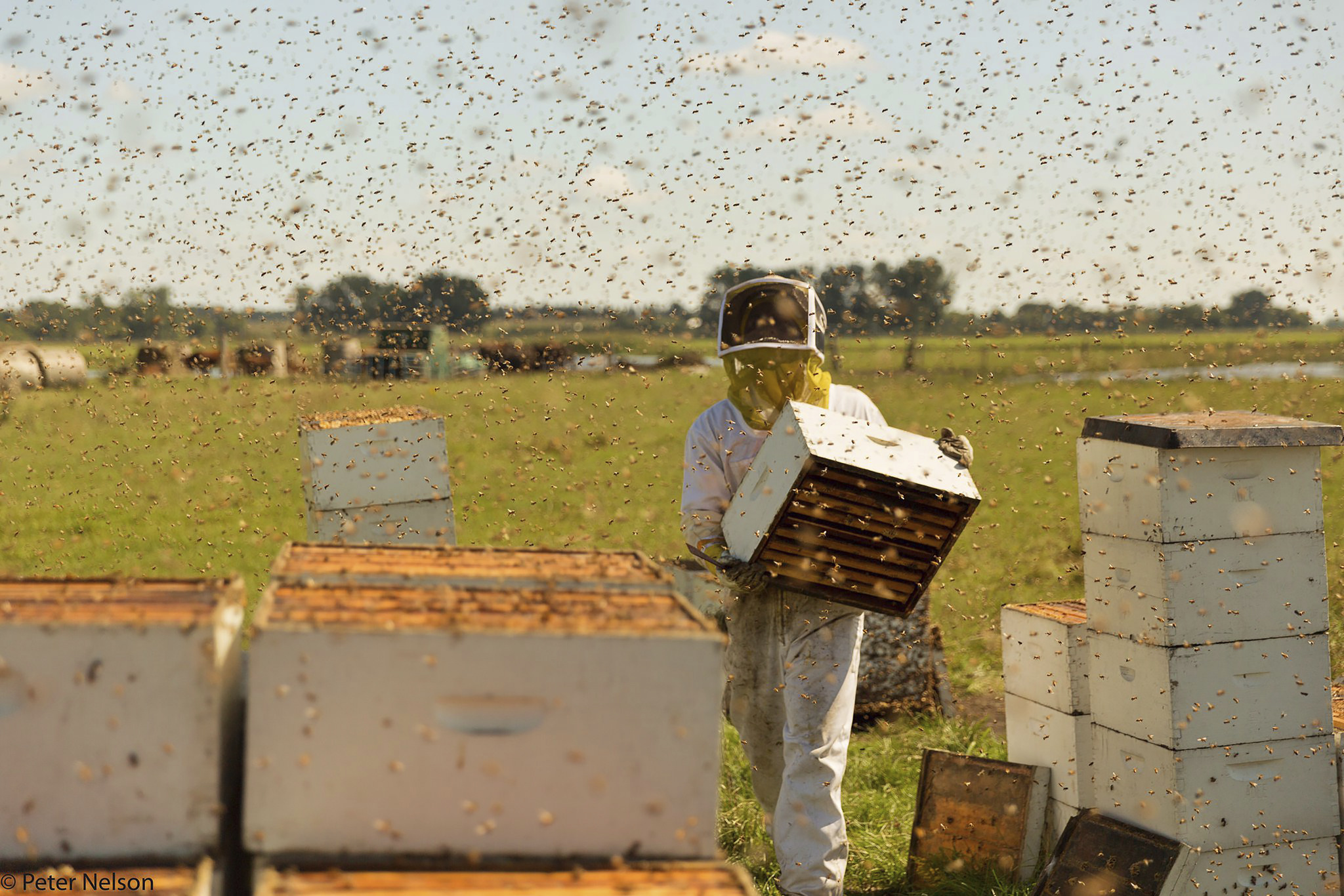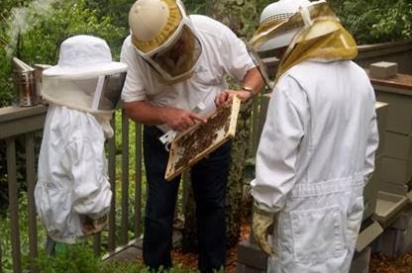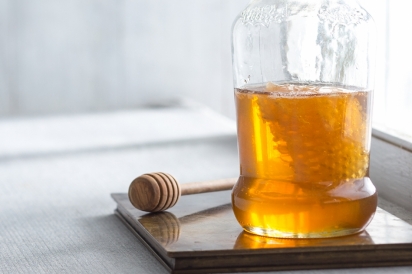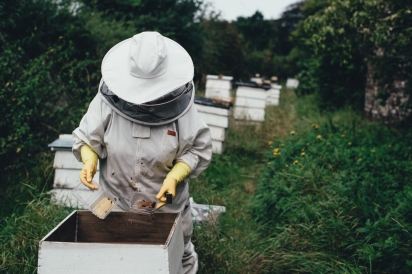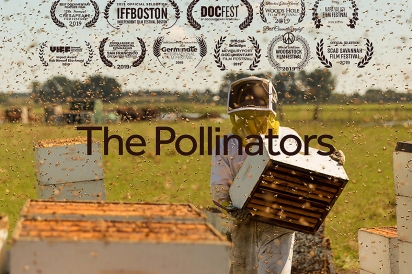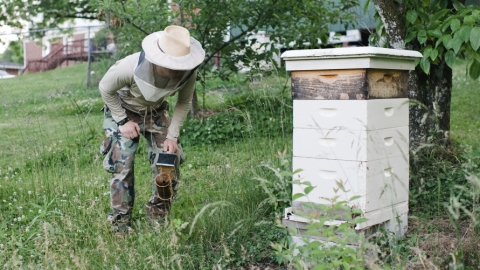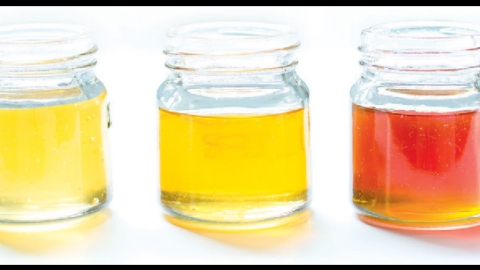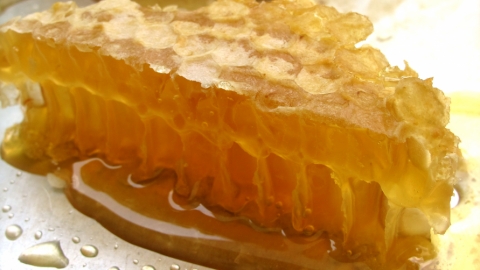The Pollinators
If cattle or dairy farmers awoke one morning to find half their livestock dead, it’s likely a crisis would be declared, news coverage would be constant, and governments would urgently seek ways to mitigate the die off. Now imagine this continuing on ranches and dairies over a few decades. This very scenario is happening to honeybees in the United States, except with little or none of the reaction. Howard Kerr, President of the Tennessee Beekeepers Association and hobbyist at Smokey Mountain Honey Co. in Blount County since 1965, shares this metaphor often. Together with Gene Armstrong, President of the Nashville Beekeepers Association (NABA) and Bernie Ellis, a blueberry and blackberry farmer at Trace View Farm in Santa Fe, TN the problem of “poor bees” in Tennessee may have a chance of being recognized by every Tennessean who eats.
The Situation
‘Poor bees’ are bees with compromised immune systems. Bees are suffering from several systemic issues. Varroa mites infested U.S. beehives in the 1980s but, once recognized, seemed to be managed with careful treatment. Today, varroa mites have eliminated most feral bees and are having dire consequences for kept honeybee populations. Lack of food, ‘good bee pasture’ including trees, which provide 50% of the pollen bees need, is continually being eliminated and mono-culture crops are providing bees with a feast or famine scenario. Soil and water degradation also compound the difficulty of plants which produce pollen and nectar to flourish. And “poor queens”, Howard Kerr explains, “cannot do their work.” In the 1990’s, a queen bee lived three to four years and a new queen was raised as she aged. Today, queens may live a year, and often do not lay eggs consistently to fill the honeycomb, instead laying a ‘salt and pepper’ pattern, producing fewer bees and die suddenly. There is no hive without a queen.
Most people think of honey as the ‘crop’ of bees, but the real reason for bees is they keep 75% of fruits, vegetables, and grains on our plates. 70 of the 100 most common human crops depend upon insect pollination; by far bees are those insects.
The History
Scientists were alerted to unexplained bee die-offs in the early 1990s, when about 15% of colonies began dying annually. By the early 2000s, bee die-offs escalated to 50-80% and the term Colony Collapse Disorder was coined. Initially, causes were not understood but today all the science points to the increase in pesticide use, including treatments used on the bees to control varroa mites. “Poor bees” simply cannot recover from other pressures when they become severely immuno-compromised due to chemical laden forage.
Bees have been transported by train then trucks since the 1920s to pollinate food crops. Large independent apiarists serve as the first line of defense in keeping our food supply varied and abundant. Dave Hackenberg of Hackenberg Apiaries is now in his 70’s. Dave has worked, along with other commercial apiarists, to continually repopulate hives. Just like family farms being replaced by large agri-businesses, apiarists and ‘queen producers’ are being bought by large growers, with little knowledge of beekeeping. One large almond company bought 30,000 hives from an aging apiarist and had 6,000 hives left after one year. It takes 80,000 hives to pollinate a 40,000-acre almond grove. Gene Armstrong chose beekeeping in his retirement because “it is the most intellectually challenging hobby I could think of.” NABA is on the forefront of helping bees locally: training hobby apiarists, teaching employees to successfully tend hives on commercial rooftops such as the Music City Center and the Renaissance Hotel in Nashville, capturing and homing swarms when a hive grows so large that a second queen is produced and the hive splits (rather than a homeowner spraying them), as well as educating the public, including school children, about bees.
The Solution The Movie
By happenstance, in August, Bernie Ellis saw a new documentary film entitled ‘The Pollinators’ and he was “gobsmacked”. He had heard of problems with bees but had no idea of the magnitude. He collaborated with Demand Films to bring ‘The Pollinators’ to twelve cities and four University campuses across Tennessee. The film chronicles the pressures on bees and our food supply. It beautifully illustrates a not very nice story and provides another way to educate the public and, hopefully, public officials. As the sun was setting a few weeks ago over the Natchez Trace, Bernie said, “Do you want to know what really made me do this? It was that single bee crawling over the deep pile of the dead carcasses of all those other bees. We have a moral imperative” not only to ourselves to protect our food supply, but to the bees; to other species. Due to his efforts, Tennessee had more screenings than any other state. He is trying to continue his work “to have this film seen by everyone” in Tennessee, looking for underwriting partners to bring the film to another dozen college campuses, high schools’ biology teachers, and agricultural conferences. The Pollinators movie was just released on Amazon Prime.
It all comes down to a simple edict: to love food - even to eat food - you must love bees. And as with anything you love… well, you embrace it and help it and nurture it. Find a way to love some bees - your palate and those of the next generations will be happy you did.


